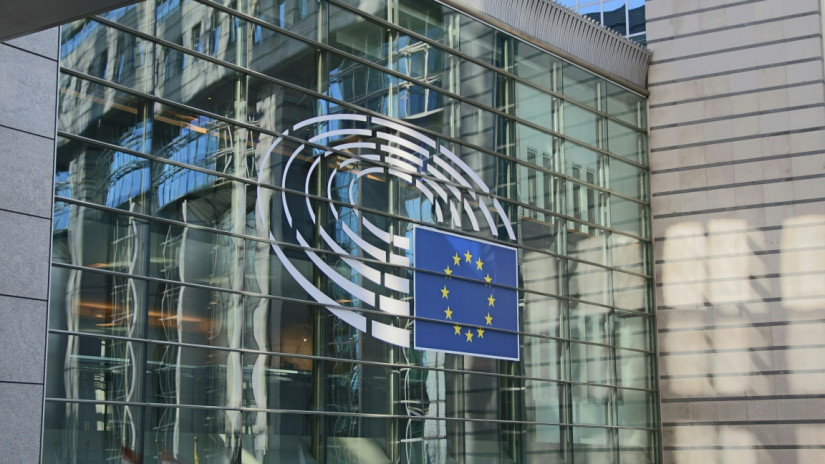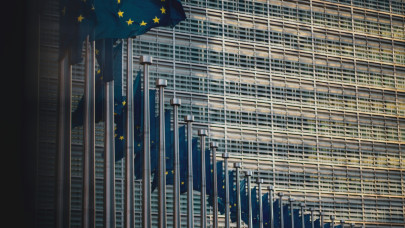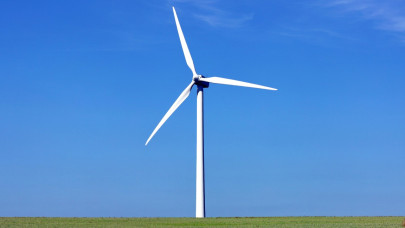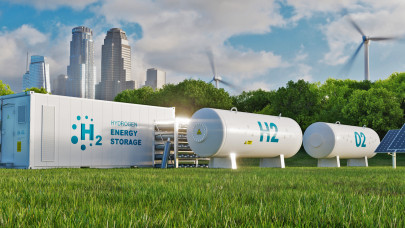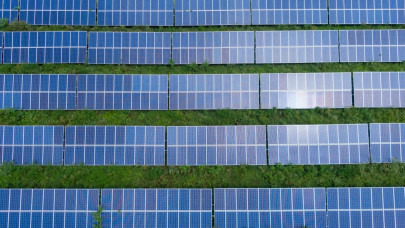As part of the 'Accele-RES' initiative, these documents provide clarity on complex aspects of the new legislation and establish a common framework for national implementation. The guidance focuses on three areas of the Renewable Energy Directive: heating and cooling (Articles 15a, 22a, 23 & 24), energy system integration (Article 20a), and renewable fuels of non-biological origin (RFNBOs) (Articles 22a, 22b & 25). Additionally, a guidance document addresses heating and cooling aspects under the revised Energy Efficiency Directive (Article 26).
The new rules on energy system integration aim to make the energy system more flexible by incorporating large amounts of renewable electricity and promoting electrification in transport and heating. The guidance clarifies the new requirements for electricity system operators to provide real-time data on renewable energy share and greenhouse gas emissions in electricity. It also outlines obligations for battery and electric vehicle (EV) manufacturers, as well as requirements for smart and bi-directional charging, and enabling small energy sources, such as EVs and heat pumps, to participate in electricity markets.
The RFNBO-related guidance details consumption targets in industry and transport, explaining target calculations, scope, and the connection between the two sectors.
Heating and cooling account for half of the EU's energy use. The revised Renewable Energy Directive sets targets to boost renewable energy in these sectors, including district heating and buildings, with new 2030 benchmarks. The guidance clarifies these provisions, including the definition of waste heat.
The guidance on the revised Energy Efficiency Directive explains how EU countries can identify efficient district heating systems and plan for those that do not meet the criteria. It also highlights how to make use of excess heat from large facilities like industries and data centers.
Boosting efficiency and renewable energy use in district heating is crucial for reducing emissions, as three-quarters of energy consumed in this sector is fossil fuel-based. State aid can support district heating systems that meet efficiency criteria.

